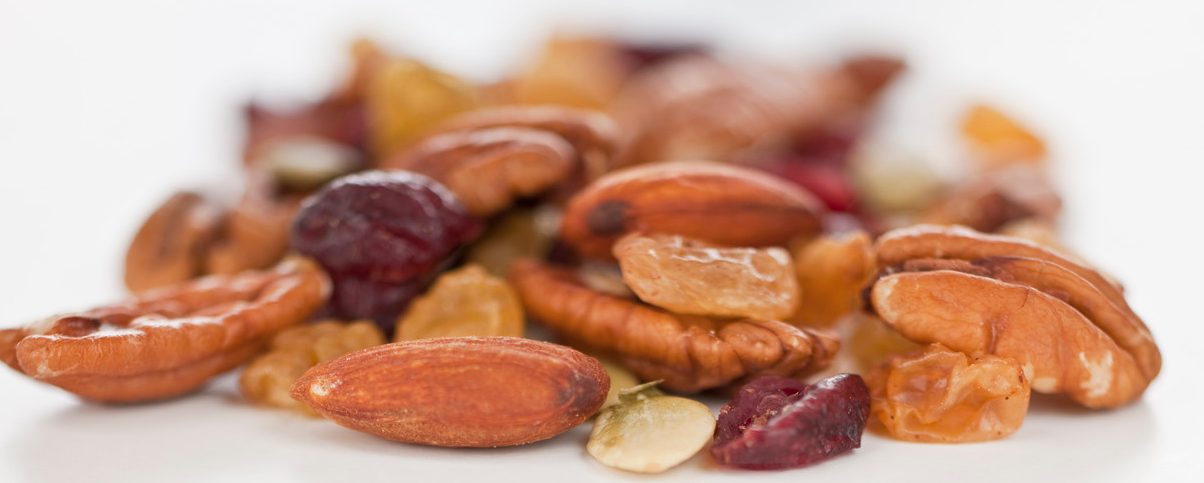Foods High in Magnesium May Help Depression

Magnesium supplements may help relieve depression and anxiety. You can also try foods that are high in magnesium, such as almonds, bananas, and tofu.
For some people with mild depression, a safe supplement — magnesium — can help symptoms decline. Common medications for depression, meanwhile, can take time to kick in, or they may not work for you at all.
YOU MIGHT ALSO LIKE: Can a Supplement Help Your Kidney Stones?
What does magnesium do?
Researchers reviewed seven clinical trials totaling 325 adults ages 20 to 60. The supplement gave participants a significant improvement in measurable depression and anxiety symptoms. The study reviewed research comparing results of magnesium supplements versus a placebo.
If your current antidepressant isn’t working well enough, you might add magnesium instead of increasing the dose or adding a second drug, researchers from another study suggest. That small study, with slightly more than a hundred participants, backed up other research.
Magnesium levels seem to be low in the cerebral cord and brains of people with treatment-resistant depression. Giving animals magnesium has a strong effect on depression symptoms. A magnesium deficiency in the brain may lower serotonin levels, while antidepressants raise brain magnesium.
Symptoms of magnesium deficiency
Classic symptoms of magnesium deficiency include muscle spasms and cramps, all-over muscle pain, tics, and eye twitches.
Some gastrointestinal conditions can lower magnesium levels in the body, including irritable bowel syndrome, Crohn’s disease, or celiac disease. Diabetes, kidney disease, and stomach viruses that cause vomiting and diarrhea also can have that effect.
Drinking carbonated or caffeinated beverages regularly and alcohol often can also reduce your magnesium levels, as can some medications.
But you don’t have to have low magnesium blood levels to be depressed — or, possibly, to benefit from more magnesium. Other research has shown that depressed people with higher-than-normal magnesium blood levels had a better response to antidepressants. A blood test may not tell the whole story: You could still lack magnesium in your cells.
What foods have magnesium?
You’ll see foods high in magnesium in just about every description of a good diet, including dark leafy greens, nuts and seeds, and fish. Whether you choose to supplement, you can try eating foods high in magnesium to see if your symptoms improve.
- Whole wheat flour, for example, has 160 mg of magnesium per cup. Swap out white flour for whole wheat when you bake.
- A cup of boiled spinach has nearly the same amount of magnesium.
- Quinoa has around 120 mg per cup; you can substitute it for rice in many recipes, which will increase the protein in your meal as well.
- Many people watching their weight are afraid of the calories in nuts, but they’re an ideal snack that’s associated with weight loss, not gain. Almonds and cashews are foods high in magnesium.
- Black beans, also high in protein and fiber, have 60 mg of magnesium per cup.
- Milk products are high in magnesium, and the calcium will help you absorb it.
If you are restricting foods to avoid kidney stones, you’ll find that restricted items are also foods high in magnesium, such as spinach, avocado, and dark chocolate. That might be a reason to take a supplement instead, but speak to your doctor first.
If you opt for a supplement, stick to less than 350 mg daily. If you overdo it, the side effects of magnesium include nausea, vomiting, and diarrhea.
Updated:
January 18, 2024
Reviewed By:
Christopher Nystuen, MD, MBA